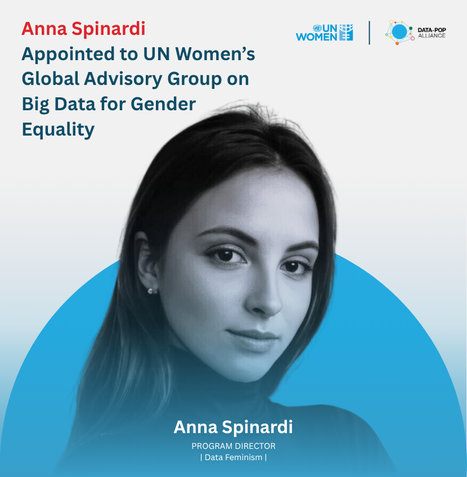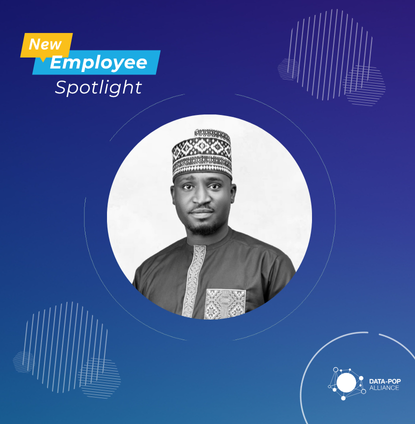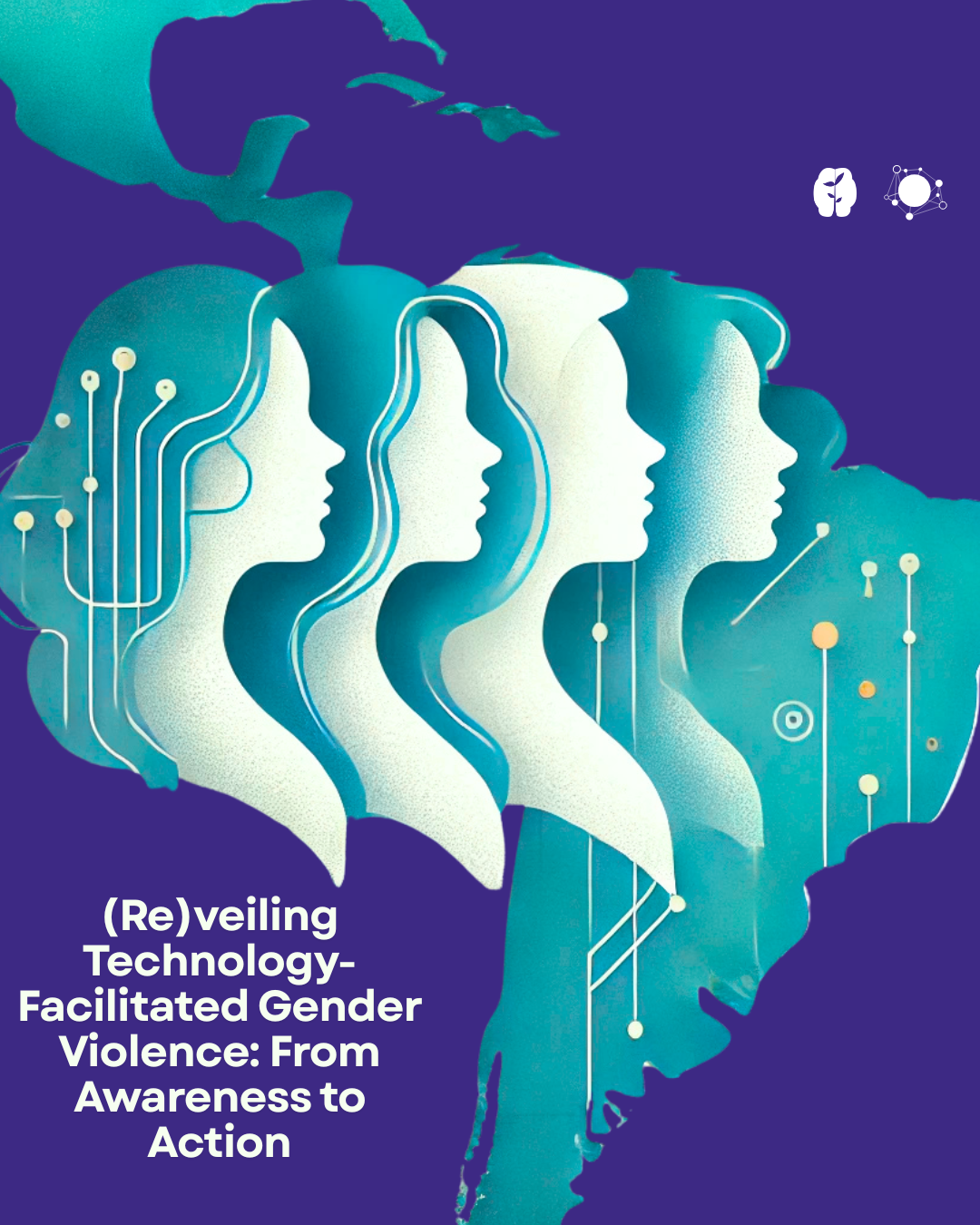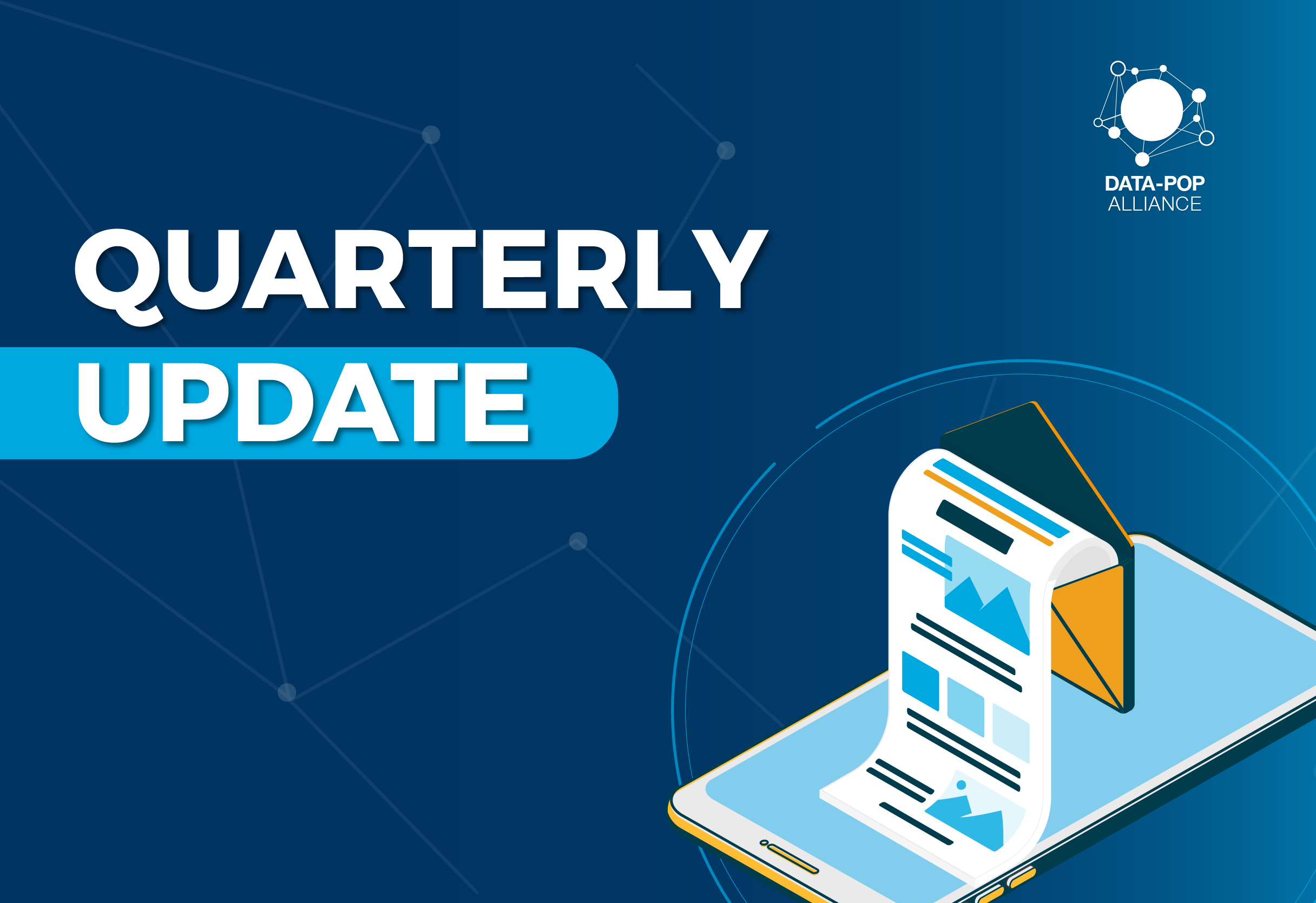This post is a recap of our #digtisingEU events in Brussels, Berlin, and Madrid, and the announcement of the fourth event in Dublin in partnership with the Vodafone Institute.
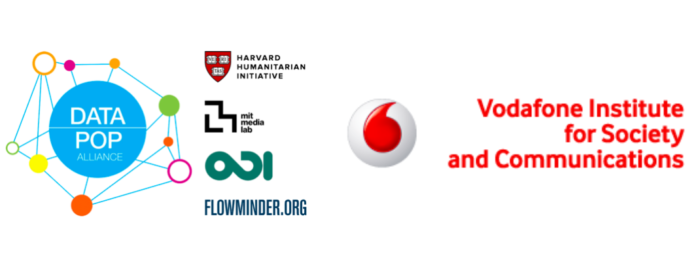
While governments across Europe have embraced open government initiatives towards greater access and accountability, Big Data has increasingly been viewed as a critical lever of innovation for society. Enthusiasts of the big data revolution underline how big data can help society spot socially valuable insights, unlock new forms of economic value in data and uncover human and social dynamics. Much of the societal usefulness of big data being collected comes from discoveries in alternative uses of passively collected data from companies, such as the use of call details records (CDR) for humanitarian response and disease tracking.
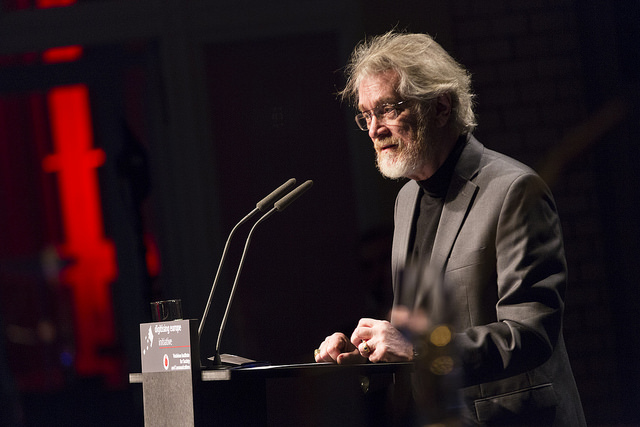
Source: Vodafone Institute
Once framed as the “3 V’s” (volume, velocity and variety) in the early 2000s, Big Data has emerged as an ecosystem of “3 C’s”: digital “Crumbs” (digital translations of human actions and interactions captured by digital devices); powerful Capacities to collect, aggregate and analyze data; and Communities of data generators, end users, policymakers, experts, privacy advocates and civic hacker communities involved in generating, governing and using data. Within such an ecosystem of activities and actors, the focus is no longer solely on the collection of government and survey data, but rather the integration of these traditional sources with proprietary, commercial data from the private sector.
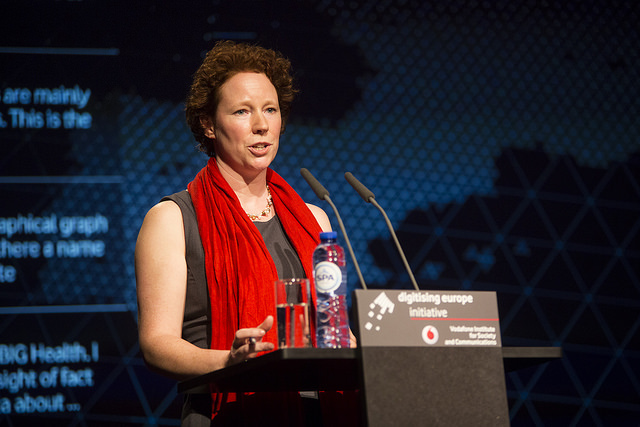
Source: Vodafone Institute
In the last five years, several case studies have emerged involving companies sharing “private sector data” through various modalities (e.g. the Orange Data for Development Challenge, BBVA Innova Challenge, Twitter-MIT Laboratory on Social Machines, etc.) with the public sector toward social benefit; these experiments have been presented as exciting new opportunities to understand evolving societal behavior and improve policy and practice at large. Even as the social value of private sector data has been demonstrated by numerous academic studies and underlined by the EU Horizon 2020 and forthcoming regional initiatives, critical privacy and governance questions remain legitimately constrained by ethical, political, legal and commercial considerations. The data revolution is emerging out an initial phase of learning and experimentation, but much is needed to help the private sector and public sector—with the participation of citizens themselves—responsibly and effectively move beyond pilots and experiments towards longer-term programming and integration in existing systems.
Through a comprehensive series of European stakeholder dialogues and debates involving academic experts, private companies, civil society and the public, the digitising EU initiative aims to provide European companies and public sector institutions with a privacy-preserving, transparency-enhancing toolkit and roadmap for initiating big data-driven projects and partnerships in the data revolution. Particularly in Berlin and Brussels, these stakeholder dialogues and public debates have specifically taken place against the backdrop of ongoing debate surrounding the recently adopted General Data Protection Regulation (GDPR)—in which EU policymakers and officials have debated how to find the balance between the opportunities of big data use and the risks to individual privacy protection.
The recent Madrid event focused squarely on the forming new kinds of public-private-people partnerships involving Big Data, exploring the potential for these new partnerships to both promote innovation and collaboration, as well as foster collusion and surveillance.
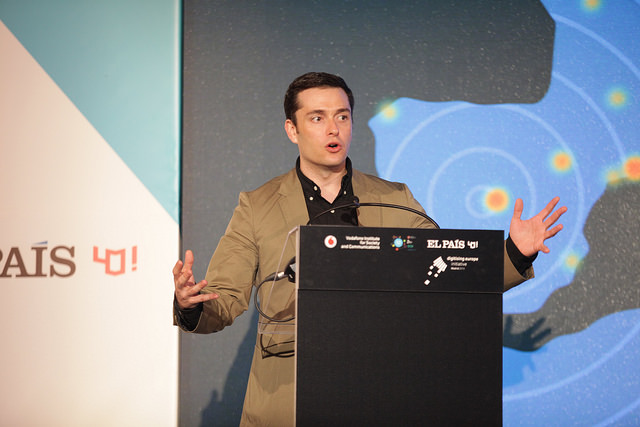
Source: Vodafone Institute
Some of the questions that our partners and network of experts have been exploring include:
- What principles should guide data use and ethical public responsible data sharing? What is the role of companies in keeping consumers informed in consent?
- How can these decisions be taken when a company’s headquarter and data servers are in a different place than the people affected?
- Who should participate in these decisions?
- In what ways have government and public sector agencies partnered with companies to produce socially valuable insights through Big Data and the Internet of Things?
- What are the critical lessons learned from these partnerships—from data sharing to civic engagement?
- What kind of civic transparency and accountability measures exist in these initiatives and what is the role of both sectors in promoting civic participation, feedback and privacy protection?
- What is required for scale?
A few initial insights have been captured in event summary reports, which will inform the forthcoming paper and toolkit for the European private sector to unleash big data-driven innovation and promote responsible data governance for public good.
1. digitising Europe Berlin Report, November 2015
2. digitising Europe Brussels Report, January 2016 (forthcoming)
3. digitising Europe Madrid Report, July 2016 (forthcoming)
As a continuation of the #digitsingEU efforts to create constructive, interactive and informed spaces to debate what getting the data revolution “right” means and entails, the fourth and final event of the series will be held in Dublin. This roundtable will serve as a side event to the International Conference on Big Data for Official Statistics conference taking place August 30- September 1. More information about the side event is scheduled to be released in August.
#digitisingEU (Berlin & Brussels)
#FuturoBigData (Madrid)
The Vodafone Institute for Society and Communications explores the potential of mobile and digital technologies to improve political, social and economic participation and to give better access to education. The Institute is a think and do tank that fosters dialogue between science, business and politics. It initiates projects and research, and publishes reports as a source of practical recommendations for decision makers. rough events and social media communications the Vodafone Institute provides a platform for debate.



